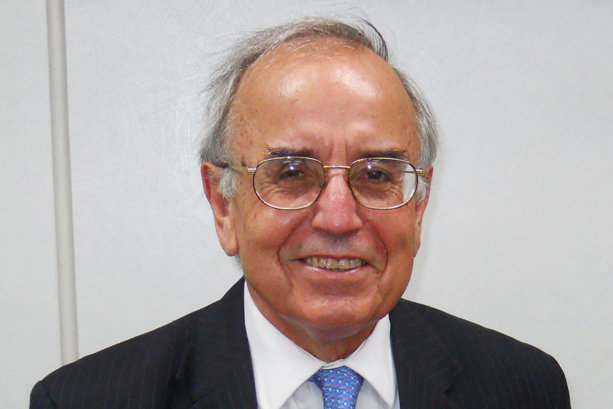No major international development occurred after Trump, Un meeting: Dr. Cyr

TEHRAN - Commenting on talks between the leaders of the U.S. and North Korea, Dr. Arthur I. Cyr believes that the Summit meetings are most successful and important when used to confirm consequential agreements, negotiated in detail in advance.
U.S. President Donald Trump and North Korean leader Kim Jong Un met face-to-face on June 12 in Singapore for their highly anticipated summit. After hours of talks, the U.S. president said he was heading toward "a signing" with Kim, but there was no immediate indication of what sort of agreement would be signed.
The summit began with the two men briefly shaking hands and taking a photo side-by-side, then moving to another room, where they sat and made brief statements for the press.
Many expected the meeting of the two leaders as a breakthrough for the relation of the two states and the denuclearization of the Korean peninsula.
On July 7, the officials of the countries met again in Pyongyang. In comments to reporters before leaving Pyongyang, Pompeo said his conversations with senior North Korean official Kim Yong Chol had been “productive,” conducted “in good faith” and that “a great deal of progress” had been made in some areas.
High-level talks between the United States and North Korea appeared to hit a snag on Saturday as Pyongyang said a visit by U.S. Secretary of State Mike Pompeo had been “regrettable” and accused Washington of making “gangster-like” demands to pressure the country into abandoning its nuclear weapons.
To shed more light on the issue, we reached out to Dr. Arthur I. Cyr, director of the A.W. Clausen Center for World Business at Carthage.
Commenting on the significance and possible success of the meeting Cyr said, “The Summit meetings are most successful and important when used to confirm consequential agreements, negotiated in detail in advance. The best examples are President Richard Nixon's two meetings in 1972, with the leaders of China to begin formal communication and diplomatic recognition, and the Soviet Union to sign the SALT strategic arms treaties.”
“Summits can also serve the purpose of recognizing great changes in international relations, or hopes for progress. The 1989 meeting between President George H.W. Bush and Soviet General Secretary Mikhail Gorbachev after the fall of the Berlin Wall is in this category. The leaders at that time expressed good spirits and declared the Cold War had ended. The recent meeting between the U.S. President and leader of North Korea is in this category roughly. However, there were no detailed formal agreements, and no major international development had occurred.” He added, “If North Korea continues to dismantle nuclear weapon capabilities, and takes other peaceful steps, then the recent summit will be important.”
Referring to possible effects of the potential improvement of relation between the U.S. and North Korea on Pyongyang’s relation with China and Russia, Dr. Cyr said, “So far, there is no significance for U.S. relations with China, Russia or other major powers. The U.S.-South Korea military alliance is exceptionally strong. South Korea, for example, maintained about 50,000 troops in South Vietnam during the long U.S. war there, only because of fraternal commitment. Cancelling a single military exercise is of no consequence in this context.”
The meetings between the leaders of the two Koreas are extremely important. Before, Pyongyang tried hard to work only with the U.S. and deny the existence of the government in Seoul.
